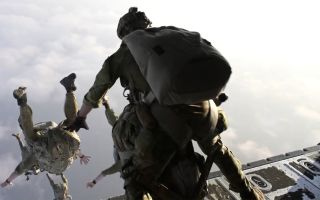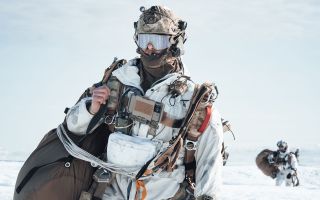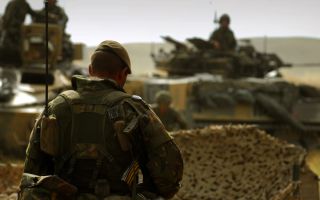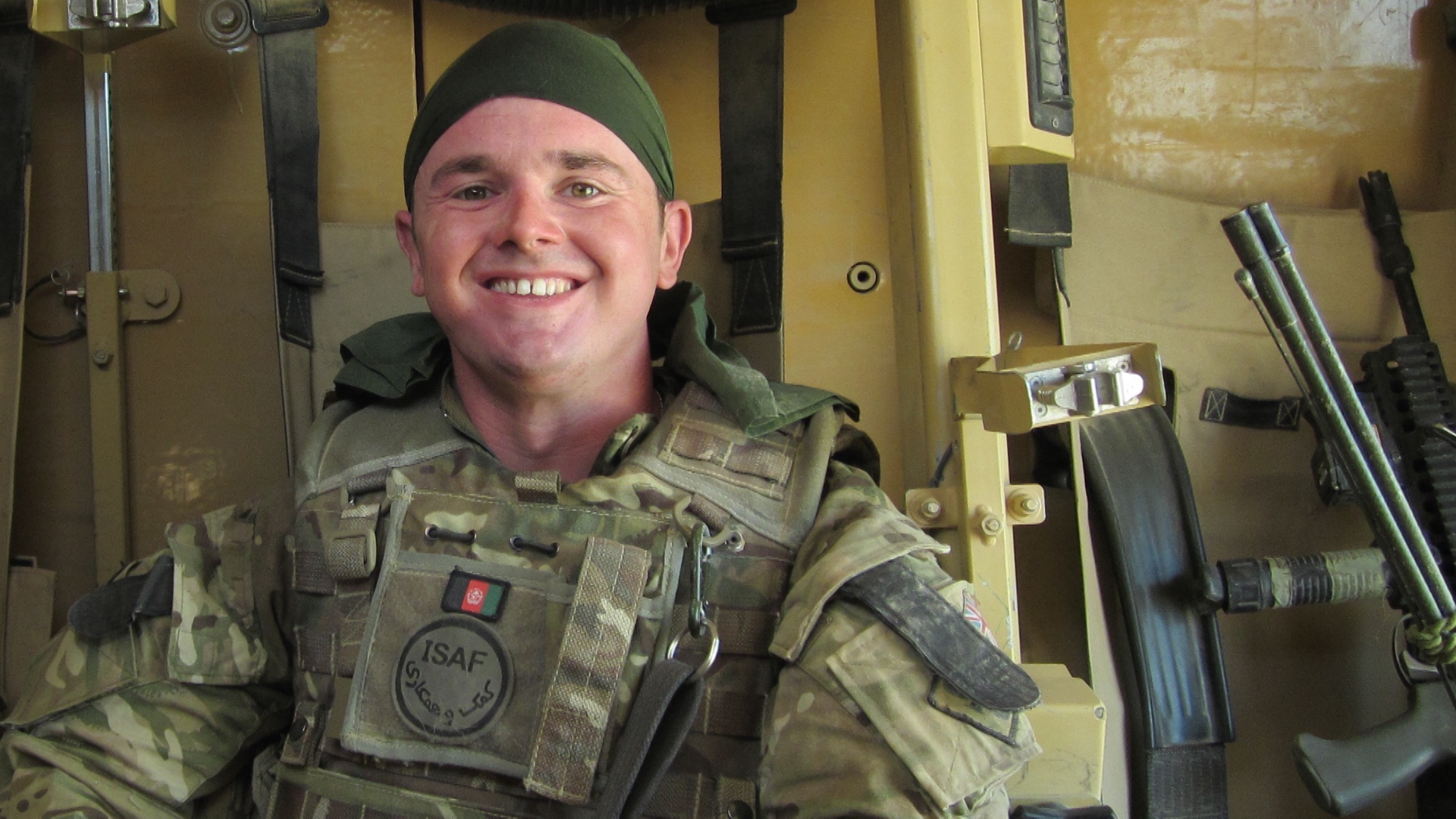
COMMENT: Why The 'Buddy-Buddy System' Works In Civvy Street Too

By Alex McLeod, Army veteran, former Trooper 1st Royal Tank Regiment
My personal journey started five years ago, on 4 July 2013, the last day I was paid by the Army and I had only one goal in mind; to become a personal trainer and be as far removed from the Armed Forces as possible.
That was until it was made very clear to me that the Army was deeply ingrained under my skin.
It was because of mannerisms such as the way I spoke to people, the way I stood, even the way I tucked my t-shirt into my shorts and still do today.
I could be talking to people and they will ask: "Hey, were you in the military?"
It stands out a mile that the Armed Forces and I are not going to be separating from each other any time soon, if ever.
I have since started my own company, which has been offered to qualified mental health practictioners in the last four years.
Other personal goals included clearing my debts, moving back into my flat, having enough money to buy furniture for it and ensuring my bills were at an absolute minimum.
For me, all this was possible, due to the support network I had around me in my family.
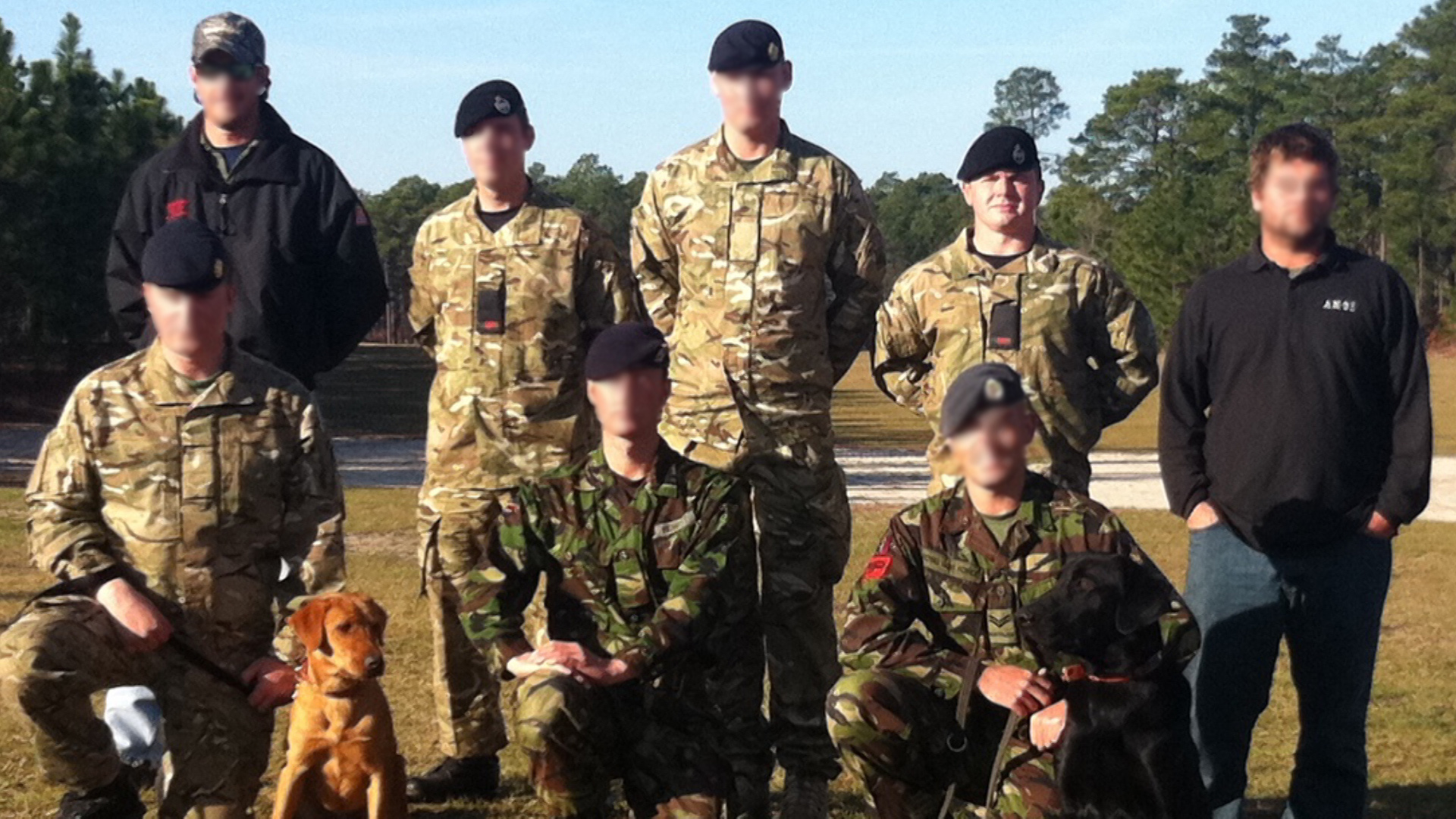
Finding SSAFA - the Armed Forces charity - and their 'Mentor' programme, I began the process and attended their two-day training course in January 2017.
I was then paired up with my mentee in August of the same year. He himself had been discharged from the military on medical grounds, and was struggling to find employment.
Along with other stresses such as family life, bills to pay and being back in 'civvy street', for the first time in a number of years my mentee was finding it difficult to see what skillset he carried that could be used in a civilian job. This was even after being an officer in the military and completing two tours of Afghanistan.
As studies have shown, deployment to combat roles in Iraq or Afghanistan "clearly increased the likelihood of mental health conditions".
My mentee was just the kind of veteran I was hoping to be paired up with, not just because of his personal situation, but because of the level of openness to receive and implement the help I would offer him.
It was the kind of help I knew worked, because they were all the things I had done during my journey of leaving the Army up until meeting him, and still continue to do until today.
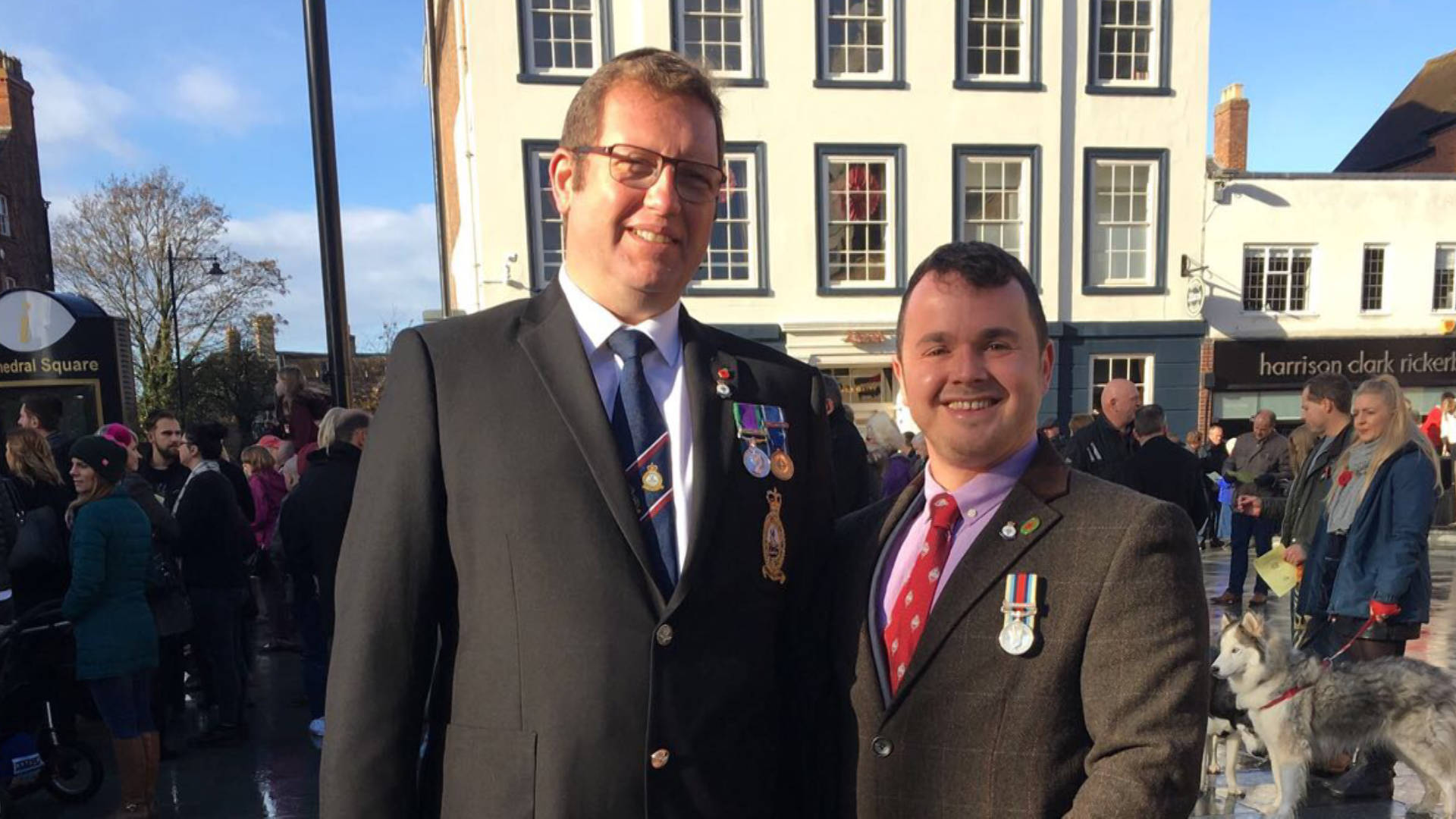
Applying these tools into his own daily routine helped him to break down bigger plans and ideas into smaller and easier to manage solutions.
Within a very short space of time, he was able to secure employment at one of the 'Big Four' financial companies in London and we continue to stay in contact with each other.
All of this work and the relationship of trust we have built was due to shared experiences in the military and what anybody who has served would understand as the 'buddy-buddy system'.
My account shows how two veterans, who have both served in a combat environment, were able to come together through organisations designed to help in times of need.
It also serves as an example to the Defence Committee's assertion that not all veterans are "mad, bad or sad".
However, those who are suffering must continue to get the support they deserve and it needs to keep growing and be made readily available to all veterans and their families.

